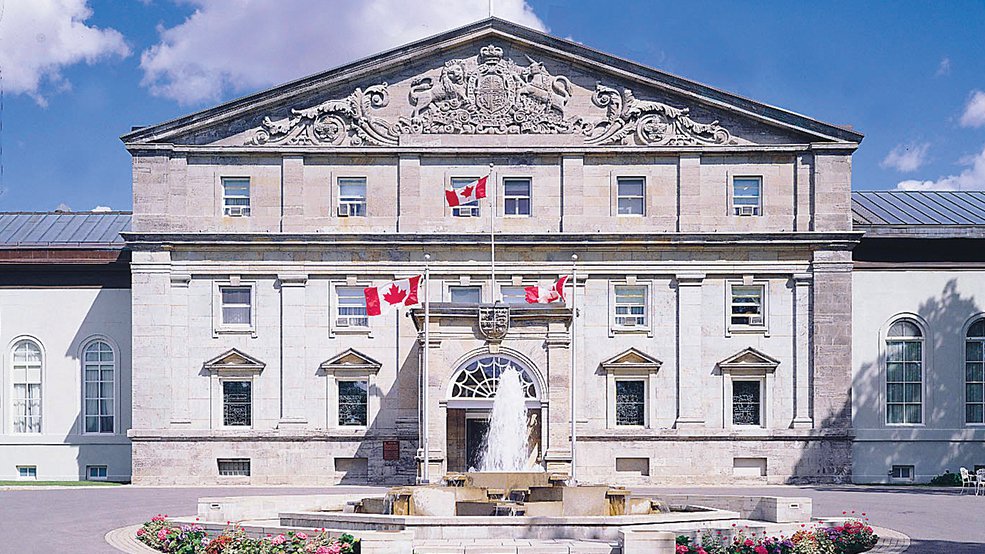It looks like today will be the day we get some kind of answer on the Kinder Morgan Trans Mountain expansion pipeline, and everything will likely be confirmed in the morning as Cabinet meets earlier than usual. The three options on the table are the previously announced indemnification, as well as the option to either buy the pipeline outright (though I’m not sure if that means just the expansion or the original pipeline itself that the expansion twins) in order to sell it once the expansion completes construction, or temporarily buying it long enough to sell it to someone else who will complete construction. The word from Bloomberg’s sources is that the government is likely to buy it outright, on the likely option of buying it long enough to find someone who can guarantee its completion.
Source said the Canadian government would be expected to sell it basically as soon as makes sense, so long as it's guaranteed to be built. Doesn't sound like government wants to be in pipeline business long.
— Josh Wingrove (@josh_wingrove) May 29, 2018
Kinder Morgan said in statement tonight it wouldn't issue updates “unless and until these discussions have concluded or we’ve reached an agreement that satisfies our two objectives" — clarity & shareholder protection.
— Josh Wingrove (@josh_wingrove) May 29, 2018
https://twitter.com/InklessPW/status/1001288600967827456
Govt signals for weeks it’s a motivated buyer with few/zero options, ultimately — surprise! — forced to buy. At what price?
Now signalling just as wildly what a motivated seller it will be once it owns it. Hoo boy. https://t.co/QckgSjU7lI
— Andrew Coyne 🇺🇦🇮🇱🇬🇪🇲🇩 (@acoyne) May 29, 2018
As for what this will mean politically, you can bet that there will be no end to the howls of outrage from both opposition parties – from the Conservatives, we’ll hear that this never should have happened, and it’s only because of the federal government’s incompetence that it did. (While one can certainly question their competence in a number of areas, this is one where they had few good options, and no, a court reference or a pipeline bill would not have helped because they already have the necessary jurisdiction they need). The NDP, meanwhile, will howl that this is a betrayal of their promises on the environment and the rights of First Nations, and that it pays billions to “Texas billionaires” rather than Canadians, and so on (though one would imagine that the NDP should be all for nationalizing infrastructure projects). And one can scarcely imagine the invective we’ll hear from Jason Kenney, as helpful as that will be. Suffice to say, the next few days (and weeks) will likely be even more dramatic that they have been. Because this time of year isn’t crazy enough in Parliament without this.

